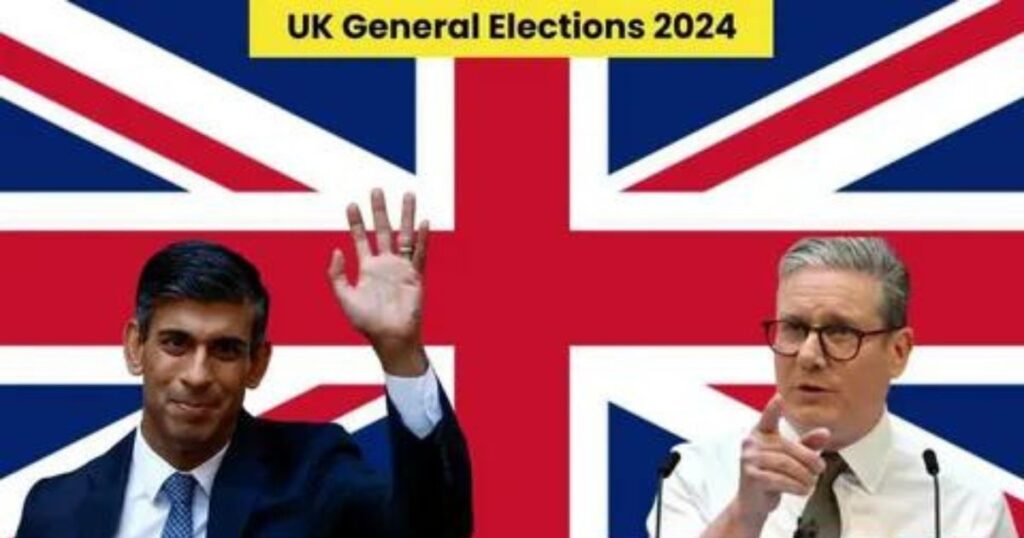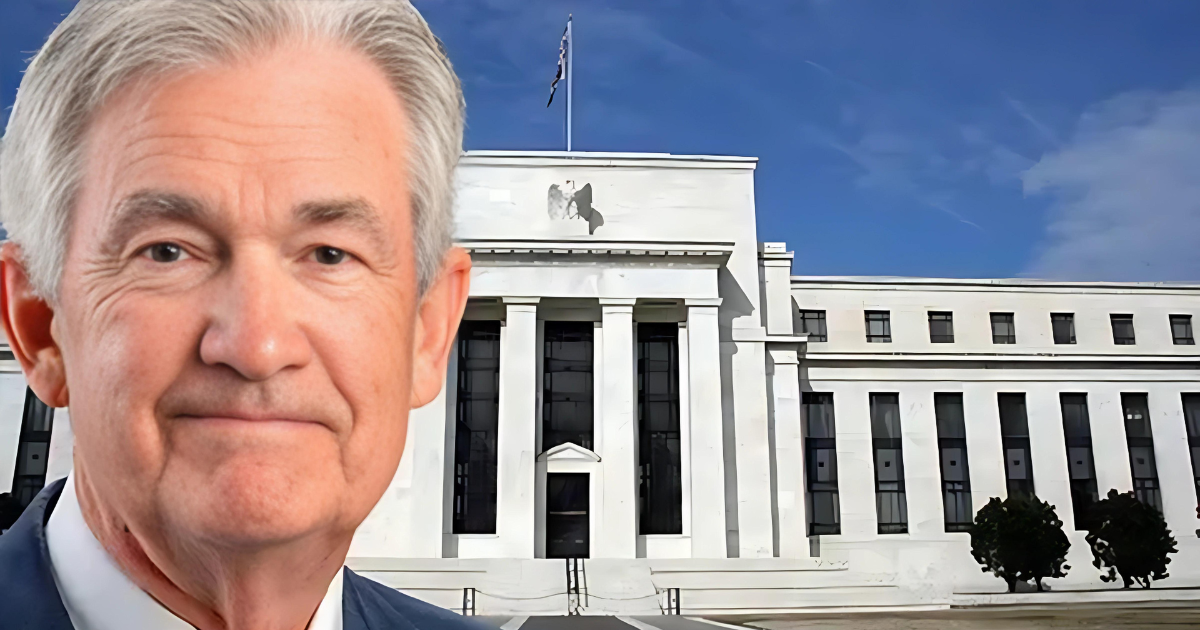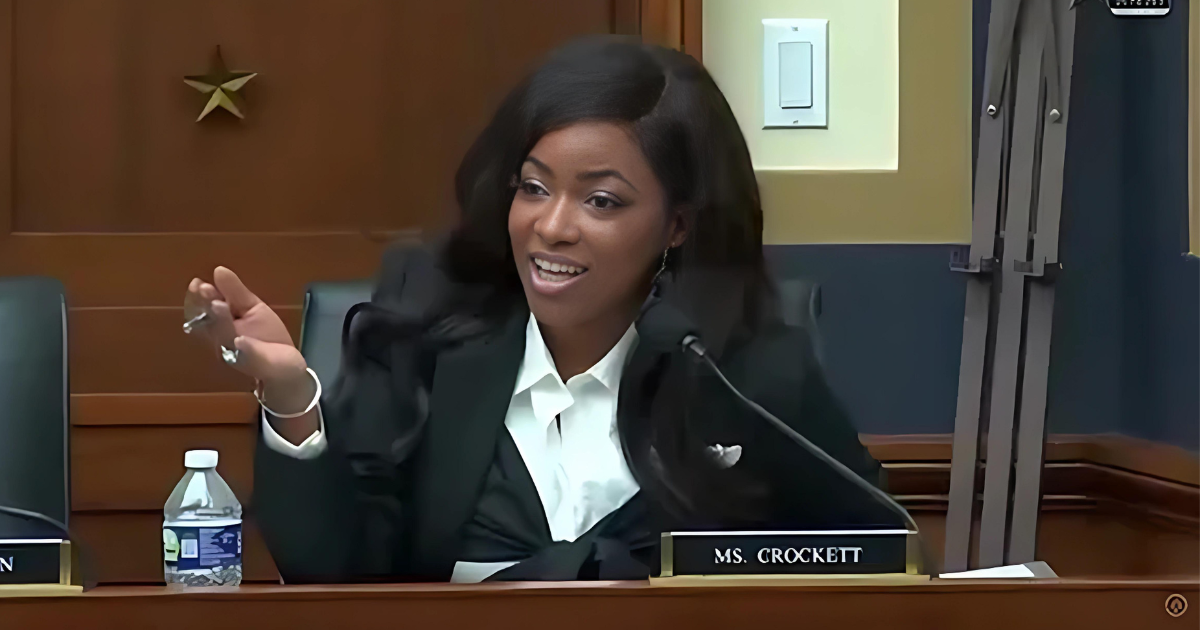The UK general election 2024 took place on Thursday, July 4, 2024. Voters headed to the polls to elect 650 Members of Parliament (MPs) to the House of Commons. This pivotal election resulted in a historic power shift, reshaping the political landscape of the UK.
Read More: Digital News Planet
Key Players in UK General Election 2024
Keir Starmer: Labour’s Resounding Leader
Keir Starmer, the leader of the Labour Party since April 2020, emerged as a central figure in this election. His party’s campaign focused on promises of change and a departure from the Conservative-led government’s policies.
Rishi Sunak: The Conservative Prime Minister
Rishi Sunak, who had been serving as Prime Minister since October 2022, led the Conservative Party. However, his tenure ended abruptly as voters expressed their desire for a new direction.
Ed Davey: The Liberal Democrats’ Hope
Ed Davey, leader of the Liberal Democrats since August 2020, aimed to position his party as a viable alternative to the two major contenders.
Election Results
Election resources · United Kingdom
Labour’s Landslide Victory
The Labour Party secured a landslide victory in a stunning turn of events, winning 412 seats—210 more than in the previous election. Keir Starmer’s leadership resonated with voters, leading to a majority government for Labour.
Conservative Party’s Historic Defeat
The Conservative Party, under Rishi Sunak’s leadership, suffered its worst-ever defeat, losing over 240 seats. This marked the end of their 14-year reign as the primary governing party.
Record Low Combined Vote Share
Labor and the Conservatives experienced a decline in vote share, reaching a record low. Labour’s vote share became the smallest of any majority government in UK electoral history.
Notable Gains by Smaller Parties
- The Liberal Democrats secured 71 seats, their highest-ever number.
- Reform UK, a newer party, gained MPs in the Commons for the first time.
- The Green Party of England and Wales also achieved record seats.
SNP’s Dramatic Losses
The Scottish National Party (SNP) lost around three-quarters of its seats to Scottish Labour. Labour regained its position as the largest party in Scotland.
Regional Disparities
- The Conservatives failed to win any seats in Wales or Cornwall and secured only one seat in North East England.
- Labor remained the dominant party in Wales.
Seat Distribution
- Labor: The Labour Party secured 412 seats, a significant increase from their previous tally. This majority gives them a solid mandate to implement their policies.
- Conservatives: The Conservative Party suffered a historic defeat, winning only 238 seats. Their loss was widespread across regions.
- Liberal Democrats: Ed Davey’s Liberal Democrats secured 71 seats, positioning themselves as a relevant third party.
- Smaller Parties: Reform UK and the Green Party made gains, with Reform UK entering the Commons for the first time.
- SNP: The Scottish National Party faced dramatic losses, losing most of its seats to Scottish Labour.
Regional Trends

- Wales: Labour remained dominant in Wales, securing a majority of seats.
- Scotland: Labour’s resurgence led to them becoming the largest party in Scotland, displacing the SNP.
- England: Labour made significant gains in England, especially in urban areas.
Context and Significance
Brexit and Photographic Identification
This election was the first since Brexit—the UK’s departure from the European Union on January 31, 2020. It also marked the implementation of significant constituency boundary changes and the requirement for photographic identification to vote in person in Great Britain.
A 19-Year Wait
Labour’s victory in this election ended a 19-year drought, making it a historic moment for the party.
Conclusion
The 2024 UK general election will be remembered as a turning point, with Keir Starmer leading Labour to a resounding triumph. As the new Prime Minister, Starmer faces the immense task of delivering on his promises and navigating the challenges ahead. The political landscape has shifted, and the nation awaits the impact of this momentous election.





